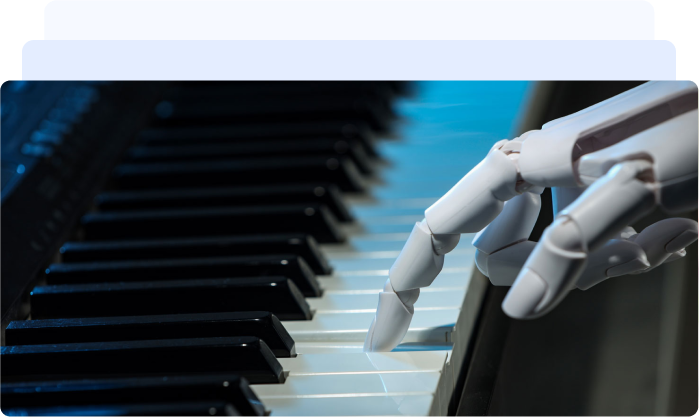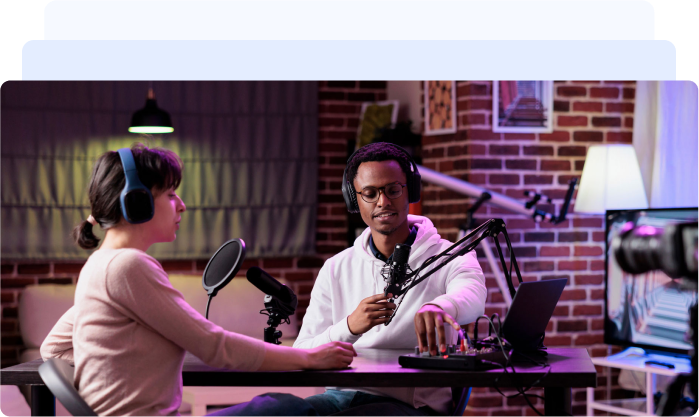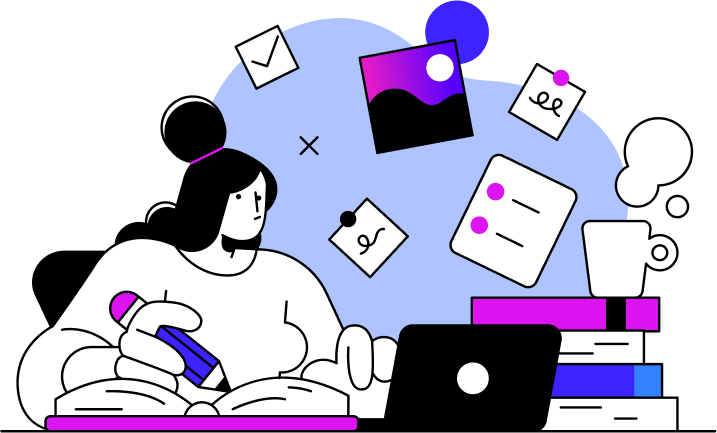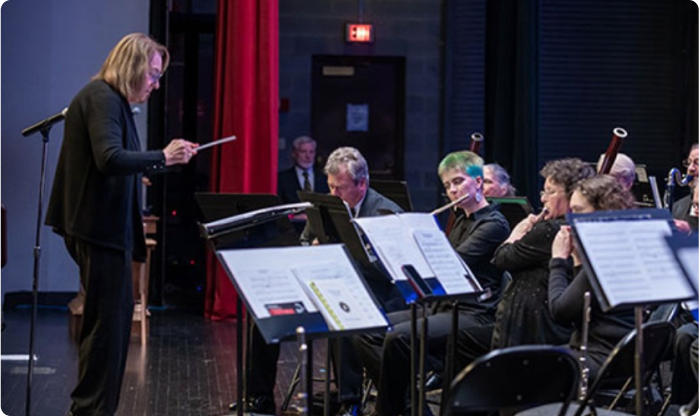10 Advantages of Embracing Digital Textbooks for Music Education
Bruce Whitehead
Bruce had over 45 years of experience in the Defense/Electronics Industry with a diverse background of executive responsibilities including General Management, Strategic Planning and Development, Systems Engineering, Business Development, Programs Management, and Mergers & Acquisitions.

The Benefits of Transitioning from Hard-Cover Textbooks to Digital Textbooks

Gone are the days of driving to music lessons in the cold or dealing with rigid timetables. The rise of eLearning has revolutionized music education, offering diverse learning options that cater to individual preferences and schedules. From apps to live online sessions, here's how online learning is reshaping the landscape of music education.

Optimize Technology Investment
Leverage recent funding for technology in schools to its fullest potential with a comprehensive digital curriculum. Access foundational content that can be customized to meet diverse learning needs, ensuring continuity and success in any learning environment.

Eliminate Physical Constraints
Say goodbye to forgotten textbooks and missing homework excuses. Digital curriculum enables seamless access from anywhere, ensuring continuity of learning during absences, travel, or unexpected disruptions.

Keep Content Current and Relevant
Stay updated with real-time content revisions. Unlike traditional textbooks that quickly become outdated, digital curriculum allows immediate updates to reflect the latest news and discoveries in music education.

Gain Insight into Student Performance
Unlock valuable insights into student progress and challenges with comprehensive data dashboards. Understand individual needs and tailor instruction accordingly to enhance learning outcomes.

Save Time and Reduce Costs
Maximize efficiency and streamline resources with digital grading, immediate feedback, and reduced reliance on paper-based materials. Invest savings into enhancing learning experiences and supporting teacher-student interactions.

Offer Interactive Learning Experiences
Engage students with multimedia-rich content that caters to diverse learning preferences. Interactive features such as visuals, videos, and small group activities promote active participation and deeper understanding.

Foster Collaboration and Study Skills
Promote peer collaboration and critical thinking with interactive tools like flashcards, online discussions, and group projects. Develop essential study skills while leveraging technology for effective teaching and learning.

Personalize Instructional Approach
Customize curriculum materials to align with teaching styles and student interests. Integrate additional resources such as videos, documents, and media elements to enhance engagement and relevance.

Foster Collaboration and Study Skills
Promote peer collaboration and critical thinking with interactive tools like flashcards, online discussions, and group projects. Develop essential study skills while leveraging technology for effective teaching and learning.

Develop Digital Literacy Skills
Equip students with essential technology skills for future success. Strengthen critical thinking, communication, and problem-solving abilities through interactive digital experiences.
Experience the Difference with Connect For Education
Explore a research-based digital curriculum designed by music educators for music educators. Benefit from flexible customization options and unparalleled customer support to elevate music education in any learning environment.
Join the movement towards digital excellence in music education with Connect For Education. Hear firsthand accounts from educators on the transformative impact of digital curriculum on student engagement and learning outcomes.
Top Blogs
Related Success Stories

















